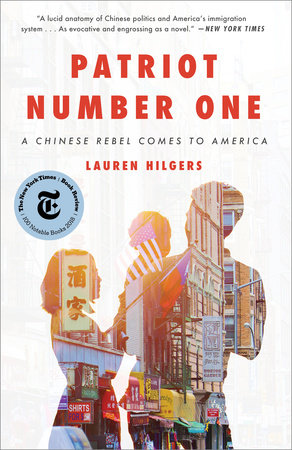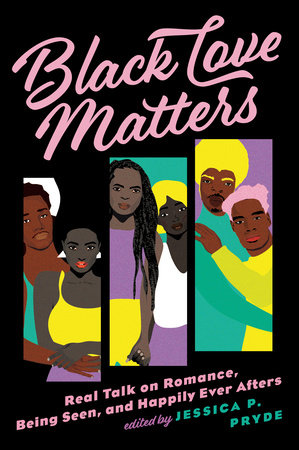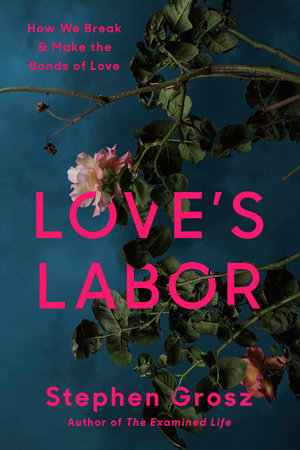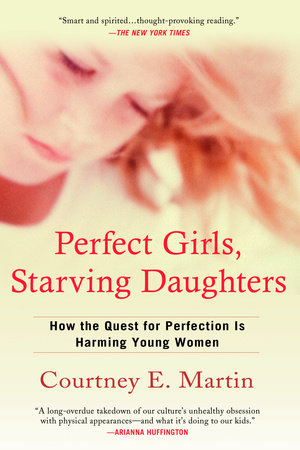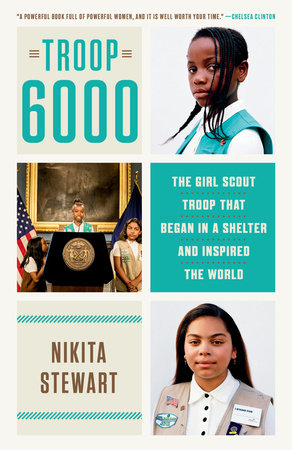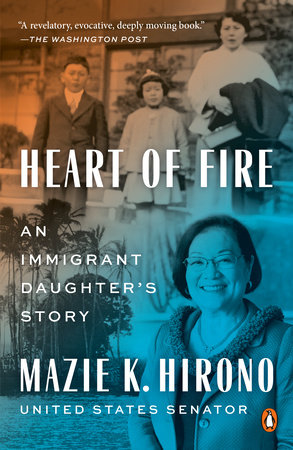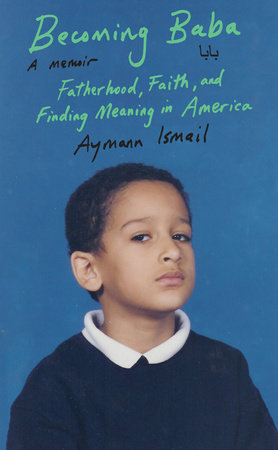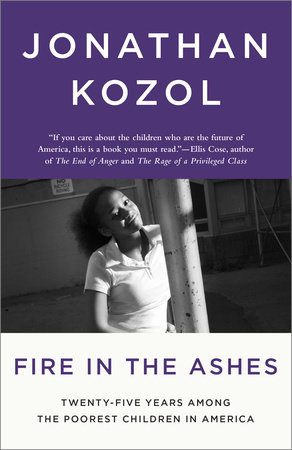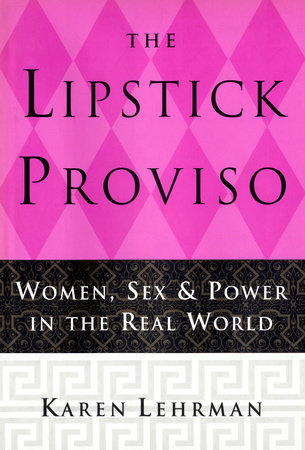A Conversation with Lauren Hilgers, author of
PATRIOT NUMBER ONE: American Dreams in Chinatown
(Crown; March 20, 2018)
Q) You first met the protagonist of your book, Zhuang Liehong, in China in 2012, while you were reporting a story about political unrest in Wukan village. What were your first impressions of him? Did you stay in touch with him?
A) When I met Zhuang, he had only recently opened a teashop, and music was pouring out onto the street. I had seen his name in earlier reports on the unrest in the village, but Zhuang noticed me before I realized who he was. He called out as I was walking by, inviting me to come in and sit. The mood in the village on that visit was subdued. Zhuang’s former colleagues on the village committee were, upon first meeting me, businesslike and serious. Zhuang, in contrast, was exuberant from the start. He told the story of the village uprising with obvious enjoyment. He was charming, warm, and wanted to make sure my reporting in the village went smoothly. At the same time, I wasn’t sure how seriously I should take his stories. Early on I suspected Zhuang was grandstanding. I underestimated him.
Q) Two years later, Zhuang and his wife Little Yan showed up on your doorstep in Manhattan with almost no warning. What was your reaction?
A) Some months before he showed up, Zhuang told me that he anticipated another crackdown on the village and explained his plan to flee to the United States. I was skeptical, but I would eventually realize that underneath Zhuang’s big grin was a fiercely determined individual. Later, when he and Little Yan called from their tour of California, my husband and I never questioned whether or not to let them stay with us, but we suspected they would not feel comfortable in our Brooklyn neighborhood. We spent the last few days before their arrival frantically trying to familiarize ourselves with the Mandarin and Cantonese-speaking neighborhoods around New York City.
Q) In PATRIOT NUMBER ONE you shed a humanizing light on the challenges Flushing’s immigrants face in making a sustainable life. What were some of the biggest obstacles or surprises Zhuang and Little Yan encountered when they first arrived? How did things change over the course of their first year in the United States?
A) Zhuang had been so preoccupied with planning how he would travel to New York that he had not given much thought to the specifics of living and working there. Both he and Little Yan had vague ideas—that it would be nicer, cleaner, and easier than living in China. Zhuang, to some degree, expected a warm welcome from activists and academics who were interested in China. He did not expect to get a green card overnight, but the lengthy delays in his asylum case came as a shock. He had anticipated life in New York would be expensive and budgeted $400 a month for a place to live—far more money than he had ever spent on housing. He quickly realized that $400 would not get him much. Life in Flushing was isolating and sometimes humiliating. It was harder than either of them had imagined.
Q) People may be surprised to learn that Asian immigrants make up the fastest-growing immigrant population in the United States, outnumbering newcomers from Mexico and Central America. What does the national conversation about immigration get wrong, overlook, or exclude about the Chinese experience?
A) When we grapple with the ways immigration is changing our national identity, Asians are frequently left out of the conversation. And when we do talk about Asian immigrants, we almost always focus on those who are highly educated and well off when, in fact, the story is much more complicated. Many immigrants from China are working-class. When compared with the rest of the foreign-born population in the United States, they are less likely to be proficient in English. They bring with them their own set of traditions, ambitions, and challenges.
Chinese immigration also has a long history in this country, which echoes in the debates we’re having today. When immigration reached historic heights in the late 1800s, a large part of the ensuing backlash was focused on the Chinese. Political comics depicted Chinese immigrants as rapists and thieves. Chinese laborers were the targets of violent attacks. Chinese-owned shops were vandalized. The fears we see expressed today are the same, although the groups targeted may differ. Chinese immigrants have been leaving their imprint on the United States since the nineteenth century, and will continue to do so. Their stories are American stories, and it’s important that they are told.
Q) In what sense are Zhuang and Little Yan “typical” or less typical of Chinese immigrants? Why did you decide their story was one you needed to tell?
A) Zhuang and Little Yan, like so many in Flushing, are ambitious and hardworking, but limited by their immigration status and their lack of proficiency in English. Without the support of their families and villages, they struggled with isolation, and the pressure of their daily life took a toll on their relationship. On the other hand, Zhuang and Little Yan stood out from those around them. They arrived in the United States with no family network. Zhuang did not see his arrival in the United States as an economic opportunity, but a political one. He also arrived unburdened by debt, which allowed him to be more selective in the jobs he decided to take. Zhuang was always determined to build a life for himself rather than a bank account. His drive to live life in the United States on his own terms, however, left Little Yan shouldering most of the burden of maintaining their everyday lives.
Q) Though this is in many ways an American story, several chapters take place in Wukan, Zhuang’s home village in Southern China, where he began a protest movement before fleeing state persecution. What has been the legacy of the Wukan protests, and what is the political situation there today? Did Zhuang accomplish anything with his activism?
A) Zhuang helped spark the protests in Wukan using the online alias Patriot Number One, and he has been dedicated to his village ever since. While the protests were focused, initially, on local corruption and the private sale of communally owned village land, Wukan became a symbol of grassroots democracy. It was a glimmer of hope for a future in which one person, and one village, could stand up for their rights and effect change. The promise of those early victories, however, turned out to be elusive. Zhuang fled to the United States and many of his friends ended up in jail. Still, Zhuang will always consider Wukan his true home. As one of his friends in Wukan told me, “His body is in the United States, but his heart is here.”
Q) Has Zhuang continued his political activism since arriving in the United States?
A) One of the most difficult things about coming to the United States for Zhuang was the loss of identity. He had spent his life trying to build a good reputation among his fellow villagers and he had, over time, succeeded. By helping to organize the Wukan protests he achieved something that most Chinese considered impossible. Once he was in Flushing, however, none of that mattered. There were other activists, but they were interested in their own causes. Zhuang was the only man from his village living in New York. During his first two years in the United States, Zhuang did not participate in activism. It was difficult to determine how, from his new home in the United States, he could be useful to his friends and family back in the village. Over time, however, the situation in Wukan grew worse. His friends were jailed, and Zhuang felt compelled to raise his voice. He tells people that he is the only person left from Wukan who is able to speak freely.
Q) Another character in your book, a political exile named Tang Yuanjun, believes that “most immigrants, Chinese and otherwise, come to the end of their lives with two stories to tell: one set in their country of origin, and one for the United States.” To what extent do the two worlds come together for Zhuang and Little Yan?
A) Tang Yuanjun is an astute observer of the people around him. While many of the Chinese immigrants I met sought to distinguish themselves from their neighbors, Tang had a talent for finding the common threads between the farmers, petitioners, and famous activists who came through his door. Zhuang and Little Yan dealt with their two stories—the rupture in their lives—differently. Zhuang, like Tang, will likely always consider China his home. Over his four years in the U.S., he has built a community around himself in Flushing, but it does not compare, in his estimation, to the companionship of life in the village. Little Yan, on the other hand, spent her childhood knowing that she would leave home for work and, eventually, marriage. She had already given up her life in Guangxi Province for one in Guangdong. Moving to the United States marked an enormous change in her life, but it was more easily integrated into the story she had been telling herself since birth. Little Yan had long been prepared to exchange one reality for another.
Q) Another compelling character is Karen, one of Little Yan’s friends from night school, who came to America mainly because her mother insisted. Why was it important to include Karen’s story in the book?
A) Little Yan met Karen about a year and a half after she had arrived in the United States, after signing up for night classes in English as a second language. The two women were different in many ways , but they shared a practicality about their situation in New York. Neither woman had made the decision to leave for the United States on her own; each had been driven by the dreams of family members. And yet both of them were determined not to dwell on the past and to carve a new life out for themselves in Flushing. No one I spoke with saw the challenges of leaving one life for another so clearly as Karen, who lost all her safety nets during her first few years in America.: The boyfriend who’d stayed in China broke up with her, and her relatives in the United States attempted to coerce her into indentured servitude. Rather than give up, Karen came up with a list of things that she would need in order to feel happy and safe and she has pursued them single-mindedly.
Q) Where are Zhuang and Little Yan now? Do they feel they’ve made inroads towards achieving their American dream?
A) Zhuang and Little Yan are still in Flushing, eagerly anticipating the birth of their second child. Their four-year-old son Kaizhi has enrolled in preschool and has an expanding English vocabulary, and an obsession with dinosaurs, that is a source of great pride for his parents. They continue to live on a shoestring, the family all sleeping in one bed, and Zhuang’s activism still gives rise to worries about his physical safety. They are still waiting to receive their green cards. On the other hand, the extreme pressure of their first years in the United States has lifted. They have friends in the city who respect Zhuang and understand the history of Wukan. Zhuang is able to provide for his family—he has traded in his car for a larger vehicle that qualifies for Uber Black—and Little Yan feels comfortable enough to stay home and rest during the last months of her pregnancy. For years the two of them felt that their arrival in the U.S. had not marked a fresh start, but rather a bottoming-out—a blind alley where all their ideas and dreams met insurmountable obstacles. Now, finally, they are starting to anticipate the future.
